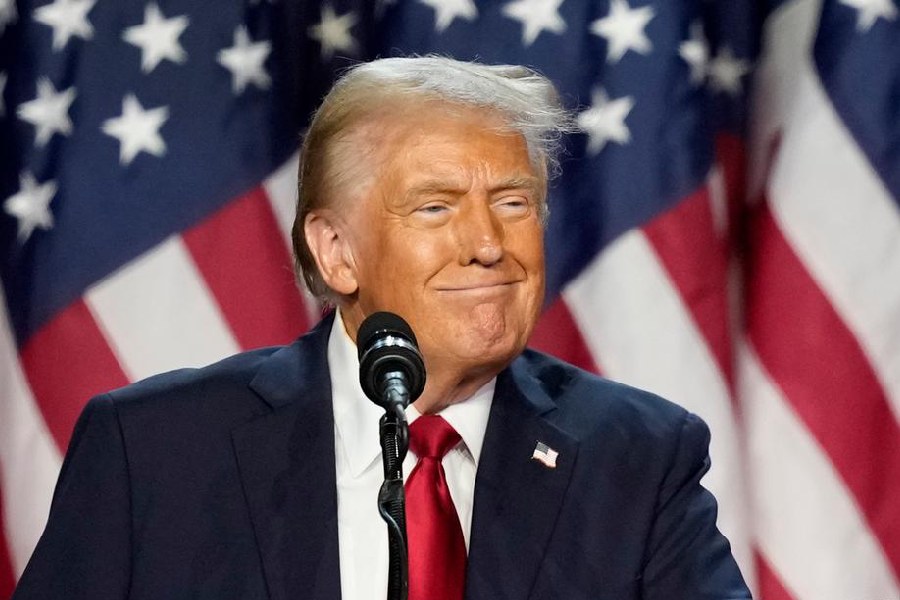Indian IT services companies and market analysts are keeping a close watch on next US President Donald Trump administration’s policies towards visas for professionals.
IT companies are cautiously optimistic about the continuity of the rising approval trend of H-1B visas — a non-immigrant visa that allows foreign professionals to work in the US in speciality occupations — seen under the present President Joe Biden’s regime.
But analysts said factors such as Trump’s comeback have opened the probability of tighter immigration policies, though the strategic importance of US-India relations could influence policies.
Data compiled by P.L. Capital — Prabhudas Liladher shows that under former President Barack Obama’s tenure between 2013 and 2017, 6.67 million H-1B visas were approved, a success rate of 88 per cent.
This fell sharply to 84.5 per cent under President Trump (2017-2021) with 6.71 million approvals and rose under President Joe Biden to 98 per cent with 5.33 million approvals (till 2023).
“So far, the Trump campaign seems to have prioritised action against illegal immigration, particularly across the land borders, but even the legal immigration regime for professional workers and students could be tightened. For example, recently the US sharply increased the registration and application fees related to the H-1B visa,” analysts at Nomura said.
Sachin Alug, CEO, NLB Services, said while Trump is known for his strict stance on immigration, he has discussed the possibility of improving the legal immigration system, especially for high-skilled talent from India.
His previous administration also showed support for Green Card pathways of F-1 visa holders, a policy that could ease the path for skilled Indian graduates to work in the US after completing their studies.
“If the administration prioritises skilled migration, Indian nationals may continue to find opportunities in fields like technology and engineering, though potentially with more stringent documentation requirements,” Alug said.
Manoj Dharmani, CEO, DUDigital Global, said the future of US immigration policy may see adjustments that emphasise merit-based criteria while maintaining America’s position as a destination for global talent.
“For Indian nationals, this could mean continued opportunities in specialised fields, particularly in technology, engineering and other STEM areas, though with potentially enhanced documentation requirements and qualification criteria across various visa categories.”
While specific policies remain to be determined, the strategic importance of US-India relations suggests that pathways will likely remain open for highly qualified professionals and students, albeit with possible modifications to existing programmes, Dharmani said.
Analysts are also keeping a watch on how the US administration handles undocumented Indians in the US. According to the Pew Research Center, there were about 725,000 undocumented Indians in the US in 2022, the third highest after Mexico and El Salvador.










